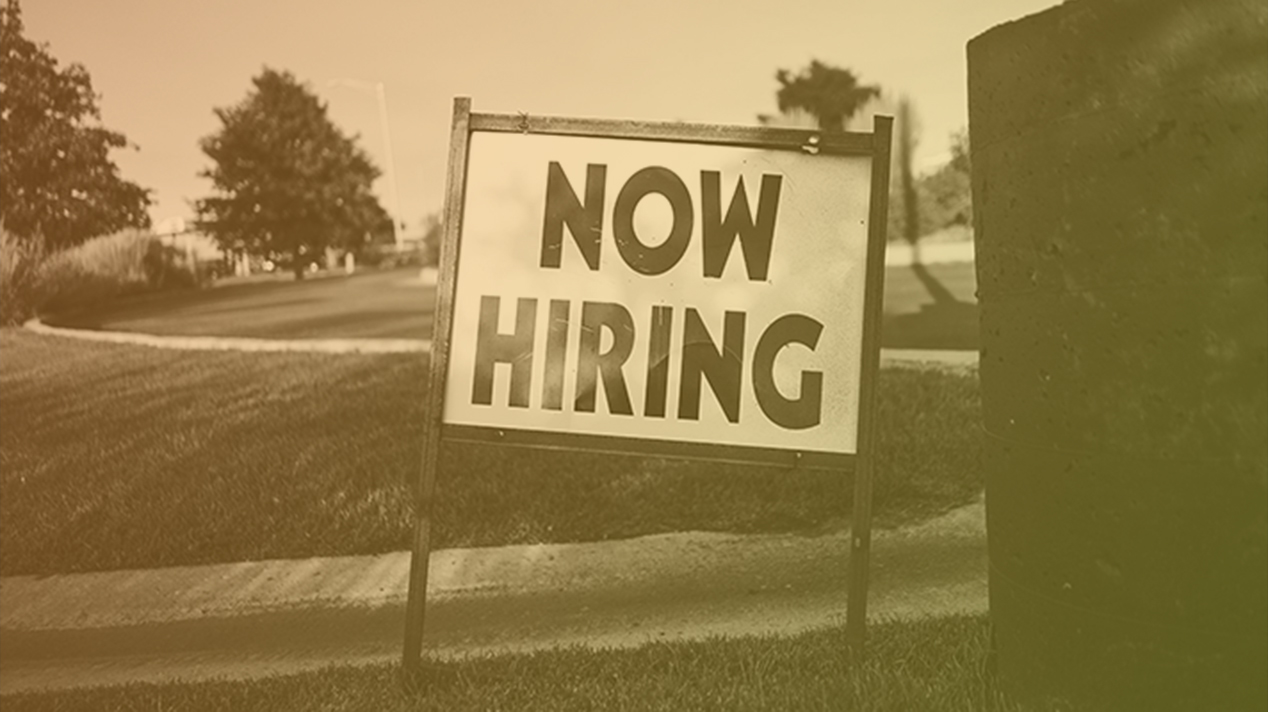I have left my November Blog contribution until now as we look forward to the new democratically elected US president and look forward to the possible impact that a more outward-facing America will bring to the world economy and stability. At least now we can look forward to a period of increasing certainty and confidence. Whilst writing this I am also pondering the uncertainty that the latest COVID 19 lockdown is having and will continue to have on us all. Economically the Bank of England figures estimate an 11% contraction to the economy in Q4 compared to the same Q4 last year. In economic terms, the percentage is enormous and certainly, whilst not a ‘Crash’ level definition is unsustainable. The bank has pumped into the economy (Quantitative Easing) an additional £32,000 per household during 2020. An unbelievable figure, that will ultimately mean the amount of money the UK Government is borrowing, especially, now that the furlough scheme has been extended to March 2021 will be way past 100% of Gross Domestic Product.
Within an economic system, the two most despised words that can be used in a sentence to describe it are, ‘Uncertainty’ and ‘Confidence’ (lack of) and unfortunately, they are being used with increasing certainty and regularity. One leads to another and so we end up with a spiral of despair. On both a professional and personal level uncertainty at work is extremely dangerous. A study from UCONN School of Nursing shows that although unemployment in the US is as high as it was in the Great Depression, employed people, worried about finances and getting laid off, are actually showing the most distress. The findings are part of a 12-month study on “how behaviour and social attitudes change, and what factors influence those changes when people in the U.S. are faced with the threat of widespread disease”. Similar studies are being conducted in the UK and preliminary finding are much the same.
One thing that is certain is that uncertainty is here to stay. A common feature across studies of all anxiety-related disorders or just plain old anxiety itself (Generalised Anxiety Disorder(GAD)) is that uncertainty, fear of the unknown or not being in control of a situation are key drivers. Current circumstances mean that it can feel like a permanently grey day for many of us, which is why breaking through the gloom with human connection is so valuable.
Because of this, it is so important to focus on what is in your control and accept that you can do nothing about that which is not. Nobody knows what the future holds, but it is human nature to worry about it. In all my work across organisations with so many skilful leaders, I always stress the importance of dealing with facts (data) and using this to make informed decisions. Yet as humans we too often create anxieties ourselves by making assessments not based on facts. A way to deal with this is to step back and consider this. When I have a worrying thought, am I making an assertion or an assessment? An assertion is a thought about facts (The sky is blue.) Assessments take us out of the present and cause anxiety (It’s a nice day. The sky is blue. Why am I not enjoying it?) Stick to assertions, which enable a sense of control. In turn, control diminishes anxiety.
As leaders, we need to acknowledge that employees are struggling right now. If you don’t acknowledge that this is a weird time I guarantee that your Leadership Brand will take a nosedive from which you will find it extremely difficult to recover because people have long memories. In meetings and personal connections, make time to acknowledge and name the challenging situations we are all facing in both our work and personally if appropriate.
Some really useful techniques that you may wish to consider in supporting your staff through the current social, economic, professional and personal climate are listed below.
● Respect the power of diverse teams
● More mini-time slots for management meetings
● Lead with compassion
● We need to know what’s going on with our employees
● Emotional intelligence is more important than ever
● Culture is a living thing
● Values are more important than ever
● There is a massive need to be more personal
Another thing that is certain about our current situation is that we are in this for the long haul and no one has any quick fixes, so how you respond and behave now as leaders and managers will set the operating culture of your organisation for quite a while and will be remembered for even longer. Compassion, dignity and fairness are three keywords that when turned into actions always undermine the power of uncertainty and confidence(lack of).








